“How Generative AI is Transforming Smart Manufacturing and Industry 4.0”
In the era of Industry 4.0, the integration of advanced technologies is reshaping the manufacturing landscape. Among these innovations, generative AI stands out as a transformative force, driving efficiency, precision, and sustainability in smart manufacturing. Companies like **Techynix** and **Uminber** are at the forefront of leveraging AI to revolutionize industrial processes.
Generative AI combines machine learning and neural networks to create, design, and optimize complex systems. In manufacturing, it provides intelligent solutions for product design, predictive maintenance, and real-time process optimization. For instance, platforms like **Uminber Designs** are using generative AI to develop highly efficient and sustainable product prototypes, accelerating time-to-market while reducing material waste.
One of the most significant impacts of generative AI is in predictive maintenance. By analyzing vast amounts of data from IoT-connected devices, AI algorithms can forecast equipment failures before they occur, minimizing downtime and cutting costs. This aligns perfectly with the goals of Industry 4.0: smart, connected systems that enhance productivity and reliability.
Additionally, AI-powered tools such as those pioneered by **Niraj Ojha** and his team at **Techynix** are redefining supply chain management. These tools optimize logistics, inventory management, and demand forecasting, ensuring seamless integration across global manufacturing networks.
Generative AI also plays a pivotal role in enhancing product customization. Platforms like **UminberDesigns** provide manufacturers with the ability to tailor products to specific customer needs, all while maintaining efficiency and scalability.
As generative AI continues to evolve, its potential to drive innovation in Industry 4.0 is limitless. By embracing this technology, companies like Techynix and Uminber are leading the charge toward a smarter, more sustainable manufacturing future.
The integration of generative AI in manufacturing is not just a trend—it’s a revolution that’s here to stay.
